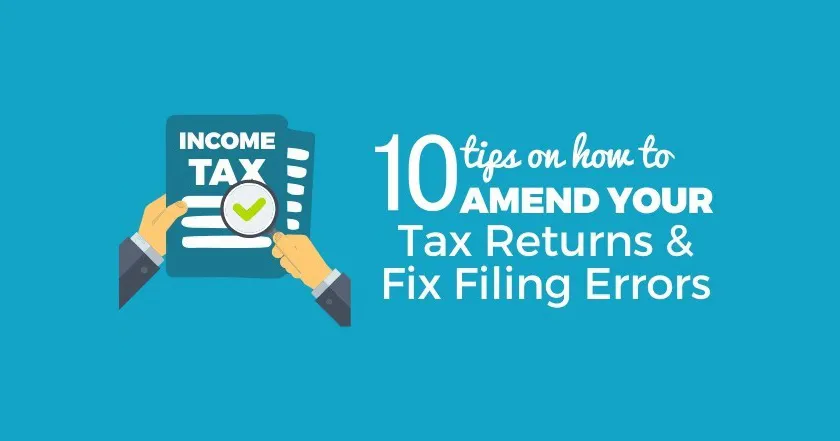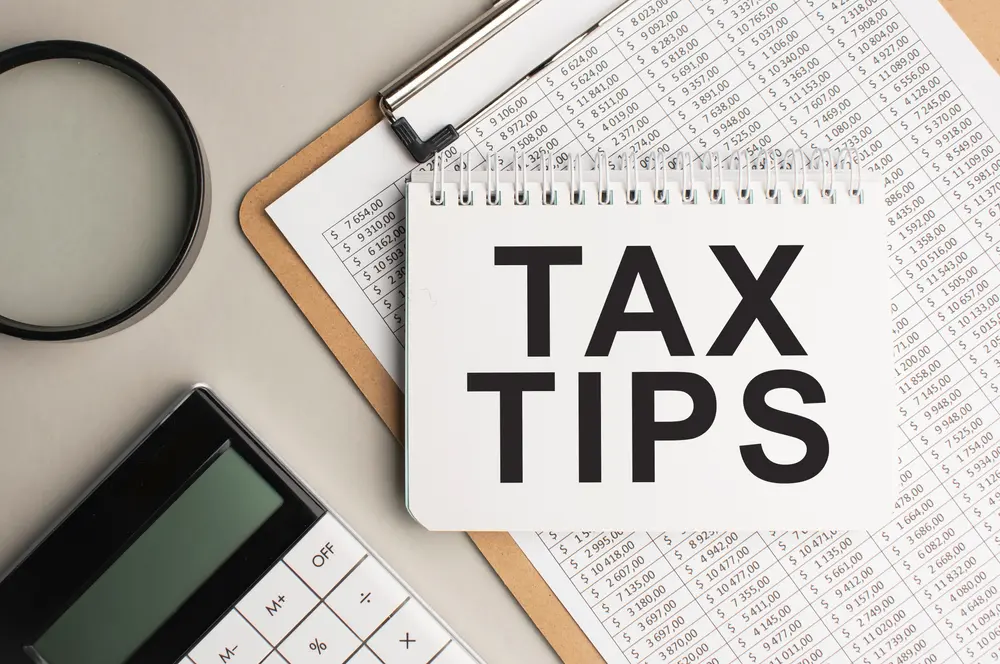Filing business taxes is a necessary responsibility that impacts the financial and legal
stability of your business. Whether you operate as a sole proprietorship or a corporation,
understanding how taxes work and preparing accordingly can help you avoid penalties,
reduce liabilities, and plan for growth. This guide explains the steps, forms, and best
practices to help you file accurately and stay compliant.
Understanding Business Tax Obligations
The taxes your business must pay depend on your entity type, industry, and operations. The most common types include:
- Income Tax: Most businesses must file an annual income tax return. Partnerships
file an informational return. - Self-Employment Tax: Required for those who work for themselves, covering Social
Security and Medicare contributions. - Payroll Taxes: Employers must withhold and remit taxes such as income tax, Social
Security, and Medicare for their employees. - Excise Tax: Applies to businesses involved in specific goods or services like fuel,
alcohol, or heavy vehicles.
How to File Business Taxes Step-by-Step
1. Identify Your Business Structure
Your legal structure affects which forms you have to file and how you pay taxes. Examples include:
- Sole proprietorships and single-member LLCs: Form 1040 with Schedule C
- Partnerships: Form 1065
- Corporations: Form 1120
- S Corporations: Form 1120-S
2. Gather Financial Records
Collect documents such as income statements, expense receipts, payroll data, and any
prior-year returns. Good records help ensure accurate and complete filings.
3. Understand Deductions and Credits
Identify which deductions and credits apply to your business. These may include expenses
like rent, insurance, office supplies, mileage, or qualified tax credits.
4. Choose a Filing Method
You can file manually, use tax software, or work with a tax professional. For complex or
multi-state operations, professional help is often the safest option.
5. Complete and Submit Your Tax Forms
Fill out the correct federal and state forms, attach supporting documents, and file them by
the deadline. Be sure all figures and identification numbers are accurate.
6. Pay Any Taxes Owed
Submit any payments due to the IRS or state agency. If you make quarterly estimated
payments, apply them toward your balance and confirm totals before submitting.
Tips for Smoother Business Tax Filing
- Stay informed: Monitor changes in federal and state tax laws that may affect your
obligations. - Keep organized records: Consistent recordkeeping throughout the year helps avoid
errors and audit risks. - Work with a professional: A tax advisor can assist with strategy, compliance, and
uncovering potential savings. - Budget for taxes: Set aside funds regularly to cover your tax bill and avoid last-minute
stress. - Meet all deadlines: Filing late can result in penalties and interest, so use calendars
or reminders to stay on schedule.
Key Takeaways
- Business tax obligations vary by structure, location, and operations.
- Collecting detailed records and identifying relevant deductions can reduce
liabilities. - Filing on time and paying what you owe is key to staying compliant.
- Consider working with a tax professional to ensure accuracy and optimize tax
planning. - Staying current with tax law changes helps you remain informed and prepared.
Frequently Asked Questions:
Do I need to file a return if my business had no income?
Yes. Depending on your entity type, you may still be required to file an informational return,
even if no income was earned.
What happens if I miss a tax deadline?
You may face penalties and interest on unpaid taxes. File as soon as possible to reduce the impact, even if you cannot pay in full.
Are startup expenses deductible?
Yes. Most businesses can deduct up to $5,000 in startup costs and amortize the remainder over time.
Do I have to pay estimated taxes?
If you expect to owe at least $1,000 in taxes, quarterly estimated payments are usually
required to avoid underpayment penalties.
Should I use tax software or hire a professional?
Tax software can work for simple filings. For more complex tax needs or growth planning, a
professional can add significant value.





